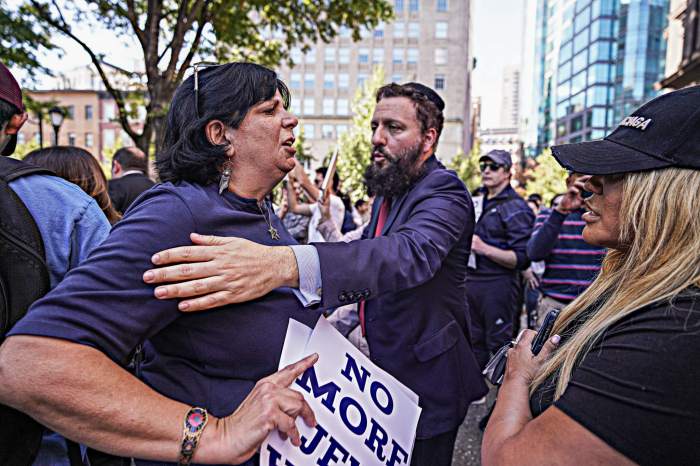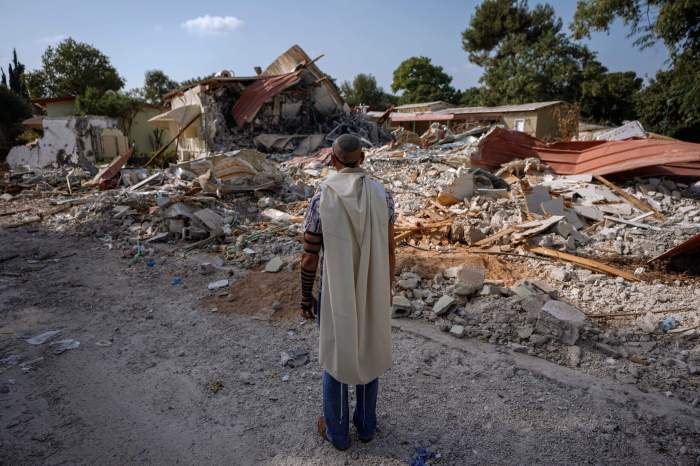Only one person has been diagnosed with Ebola in this country after arriving from West Africa, but that’s reason enough to tighten screening for the deadly virus at international ports of entry.
Identifying infected people before allowing them to enter the country is a more efficient way to control Ebola’s spread than relying on hospitals to identify the sick once they’re here. That didn’t work so well in Dallas, where Thomas Eric Duncan initially was sent home from an emergency room despite Ebola symptoms. He was in critical condition Monday and officials were monitoring 48 people he had contact with in the two weeks after arrived from Liberia.
President Barack Obama said Monday that the administration is developing tougher protocols. Officials from the Centers for Disease Control and Prevention and U.S. Customs and Border Protection should up the ante from passive entry-screening, which entails observation to see whether a passenger appears sick. They should take a more active approach, including temperature checks and a mandatory list of questions about travel history, contacts and symptoms to be asked and answered. An elevated temperature is a sign of infection that would flag travelers for more extensive medical tests and possibly isolation.
People arriving at U.S. airports and seaports from Liberia, Sierra Leone and Guinea — where the epidemic is raging — should be subjected to the intensified screening. So should anyone traveling on a passport from one of those nations, or who recently visited there. The CDC advised officials in those countries to check departing passengers for fever. Temperature checks have prevented 77 people from boarding flights, said Dr. Thomas Frieden, CDC director. But we shouldn’t rely only on others to screen people coming to the United States. Those checks could be spotty, or symptoms might develop after an infected person is en route.
Banning flights from those countries, however, would be a step too far, for now. CDC experts say that would impede efforts to send doctors and others to fight the epidemic. Ending the outbreak in West Africa is the only sure way to protect people in the United States. But vigilantly guarding our borders is the next best thing.

















